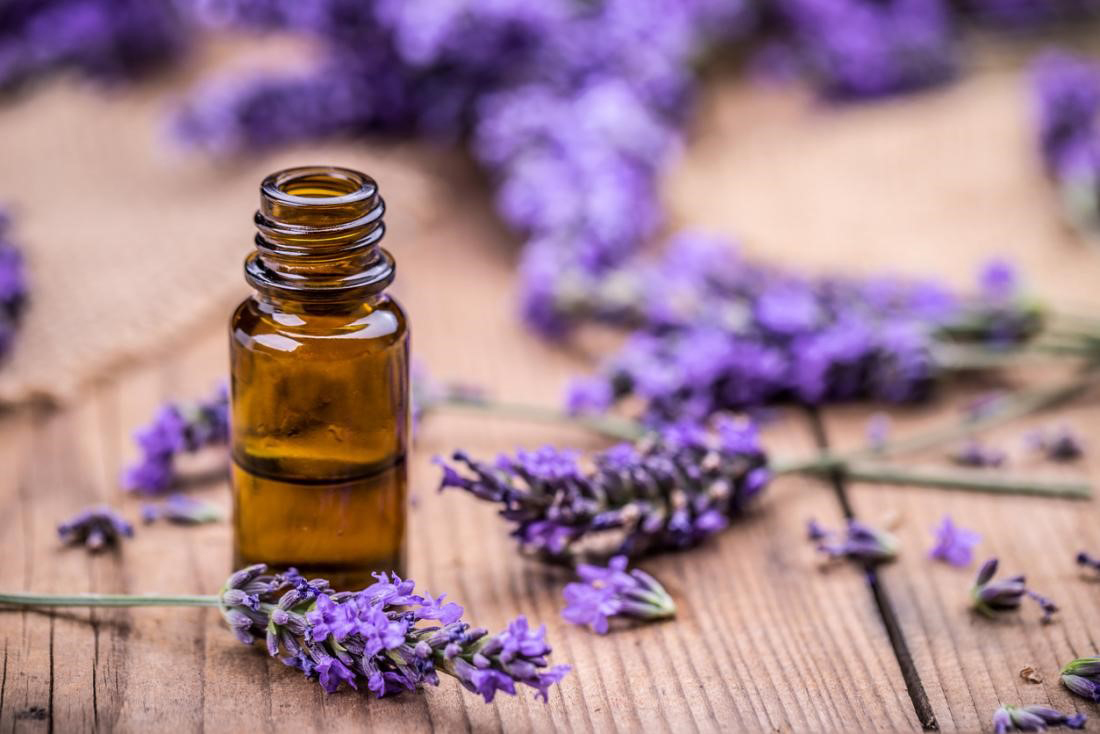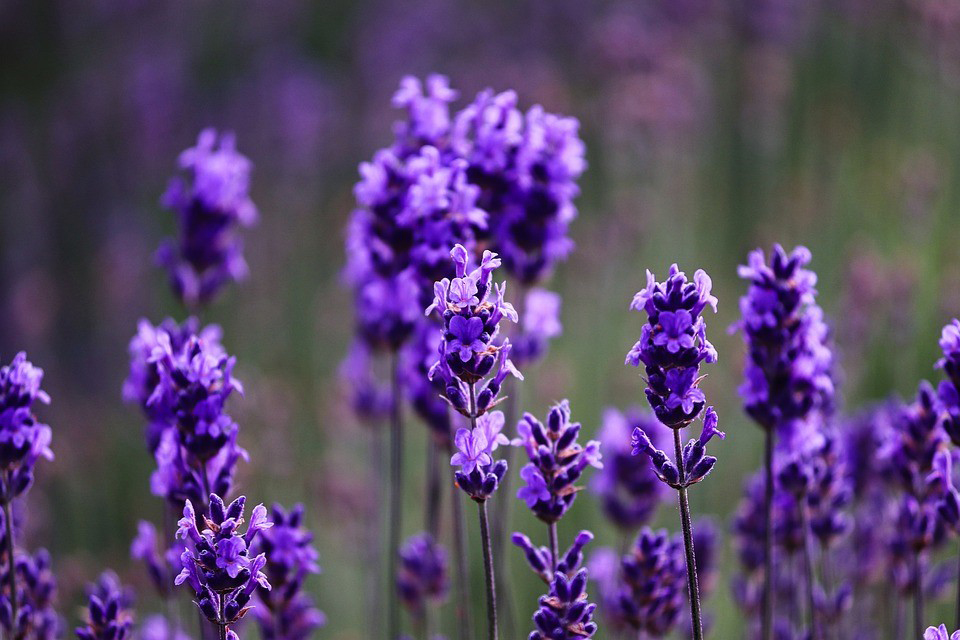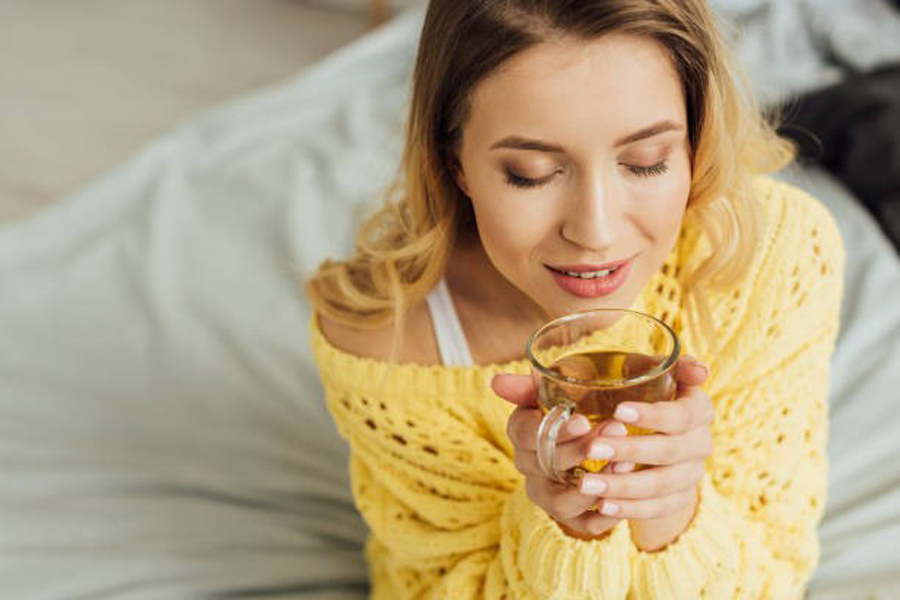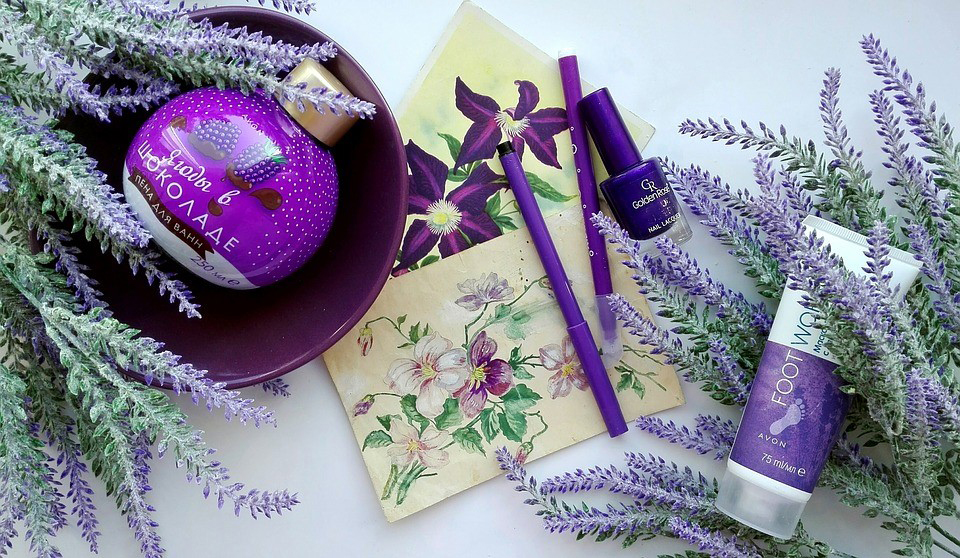Most people consider lavender to have two particular features: its scent and colour. You may not realise that the lavender flower and the oil derived from it have a long history in herbal medicine. The word “lavender” is derived directly from the Latin word “lavare,” which means “to wash.” The earliest documented use of lavender goes to the beginning of Egypt. The oil of lavender played an essential role in the process of mummification.
Then, lavender was an ingredient in baths in many regions, including ancient Persia, Greece, and Rome. The ancient cultures believed that lavender could help cleanse the mind and body. In this article, we’ll discuss the exclusive benefits to the health of lavender in all its varieties.
Health benefits of lavender
Lavender has health benefits and is an excellent choice for those who want to stay healthy. Besides, a lavender gift basket could be the best option for special occasions. Since the beginning of time, lavender has helped ease symptoms and help with various conditions. Modern science has verified many health benefits; however, others are still being investigated.
Lavender could aid in some of these issues:
- insomnia
- anxiety
- hair loss
- headaches
- The side effects of chemotherapy
- Acne
- burns
- Eczema and dry skin
- wound healing
- mood disorders
- Insomnia
At one time, lavender was advised for those suffering from trouble sleeping or have other conditions. The people would fill their pillows with lavender to aid in falling asleep and enjoy a more restful sleep. Research suggests that inhaling the scent of lavender could enhance the quality of sleep. A comprehensive review of 15 studies conducted by 2014 Trusted Source showed that breathing essential oils, such as lavender, have beneficial effects on those suffering from moderate sleep disturbances.
Many studies of smaller sizes have revealed other benefits of lavender to insomnia. Studies from 2015 showed that lavender aromatherapy people felt more refreshed after getting up. A survey conducted in 2010 by the reliable Source, which was conducted on individuals suffering from anxiety disorders, found that taking lavender oil as a tea aids in sleeping longer the late at night.
Reduce Anxiety
Lavender can also be a source of help for those suffering from anxiety. In a large meta-analysis by 2019 Trusted Source, individuals suffering from anxiety disorders who used 160-milligram lavender oil capsules showed significant anxiety reduction. Other studies have reported similar results. One study from 2015 by Trusted Source involved 60 patients in an intensive care unit for coronary patients. The study found that patients treated with lavender essential oils experienced lower anxiety levels and more restful sleep.
Another study by the 2010 Trusted Source compared lavender capsules with the anxiety medication lorazepam. The study concluded that the benefits of lavender were comparable to prescription drugs.
Reduce Hair loss
Using lavender oil on the skin may help treat alopecia narrative, which causes someone’s hair loss in patches. Based on an earlier 1998 study based on a trusted source that included hair loss sufferers, 86 44 percent of them reported increased hair growth after massages of an essential oil blend made up of lavender, rosemary, thyme and cedarwood combination of carrier oils on their scalps every day for seven months.
However, while this research is encouraging, it’s unclear whether the hair growth could be directly attributed to lavender. A study on animals from 2021 also revealed that lavender oil stimulated hair growth over 28 days.
Control Headaches and migraines
The relaxing effects of lavender could help to ease migraine or headaches. In one study in 2016, migraine sufferers treated for 3 months with lavender therapy had lower scores on a scale for assessing headache than those in a control group.
In a different study conducted in 2012 conducted by a trusted Source 2012, 47 people suffering from migraine breathed lavender essential oils for 15 mins. They had less headache intensity and frequency.
Chemotherapy adverse consequences
As per the National Cancer Institute’s Trusted Source, aromatherapy is a method to aid cancer patients in coping with the negative side consequences of their treatment. Aromatherapy with lavender can help reduce anxiety regarding cancer treatment procedures.
H3: Reduce Depression
The effects of lavender on depression aren’t as well-studied as the effects on anxiety, but the research is encouraging. A study from 2016 that was a small one and based on Source on postpartum women found lavender aromatherapy helped reduce anxiety, stress, and depression following childbirth. Another study in 2015 focused on kidney patients. Researchers found that patients who breathed in a lavender smell for one hour during hemodialysis showed lower levels of stress and depression than those who didn’t.
The elderly who drank lavender tea every day for two weeks in an insignificant study in 2020 showed less depression and anxiety.
Solve Acne Problems
Unlike more aggressive treatments, lavender oil is an effective treatment for acne because of its capacity to fight bacteria. In a study from 2013, the combination that included lavender oil with aloe extracts effectively prevented the growth of a particular bacterial species that caused acne.
Burns
Lavender has been used for a long time as a remedy for burns. Some older research from Trusted Source suggests there is scientific evidence supporting the use of lavender. According to a study from 2009 by the trusted Source, its antimicrobial capabilities could also aid in preventing the spread of infections following an injury.
Skin conditions
Lavender contains two inflammation-fighting compounds called linalool and linalyl acetate. A study in 2020 suggests these could help with skin problems, including:
- eczema
- Dermatitis
- psoriasis
- Itching
- Rashes
Wound healing
Lavender’s soothing qualities could be extended to heal skin wounds. A review of 20 studies showed that lavender oil improved the speed of healing wounds and collagen growth and enhanced the tissue remodelling process in the skin.
Many Uses for Lavender in All Forms
The plant is multi-purpose. It is used in a variety of ways to improve overall health and wellbeing, such as:
- dried flowers
- essential oil
- Topical oil
- capsules
- teas, tisanes and infusions
- creams, lotions and salve
- cosmetics
- Lavender flower
- Lavender, naturally, is a plant that begins with vibrant purple flowers.
In its natural shape, it emits an uplifting scent. You can add buds to your meals and put them in a potpourri or tea. It is also possible to dry them and place small sachets inside your drawers to refresh your clothes.
Essential oil
Lavender is widely used in aromatherapy. To get the benefits of its soothing scent, it is as easy as holding an oil bottle of lavender close to your nose and breathing in. For a long-lasting experience, it is possible to put just a few drops of oil in a diffuser, which will diffuse the scent.
Like a spray to put on your pillow before bed, Lavender spray is another way of using lavender to help with aromatherapy. If you have children or like making crafts, use multiple senses by creating your lavender playdough.
Topical oil
Lavender oil is produced by soaking lavender buds in carrier oils, like coconut or olive oil, usually for one week. When the final product is finished, lavender oil is expected to comprise less than 0.5 per cent to 2 per cent of the fat total, or 3-12 drops of the essential oil for every ounce of carrier oil.
It is possible to apply the oil to the skin; however, it’s essential to consult with your physician before using lavender oil on your skin. Unless you’re instructed to use it by a medical professional, avoid applying it on or around:
- Skin irritation
- traumas
- Itchy rashes
- skin that displays symptoms like eczema, psoriasis etc
If you want to purchase a top-quality lavender oil, choose an oil tightly sealed in dark glass bottles with no artificial fragrances or additives. Make sure you take a whiff! The best oil will have an aromatic scent.
Capsules
Although taking lavender oil alone is not advised, the capsules with lavender extract are frequently employed to ease anxiety.
In small quantities, such as capsules, the oil of lavender is safe to consume. Since lavender capsules are herbal supplements, you can buy the capsules without a prescription.
Teas, tisanes and infusions
Lavender tea, also known as a tisane, is usually available at grocery stores. You can make it at home by brewing 1 tablespoon of fresh lavender flowers in two cups of water. Similarly, it’s possible for you to infuse lavender into a liquid sweetener as honey.
Creams, lotions and salve
If you want to apply the salve on damaged skin or wounds, apply using a lavender salve. Salves are usually constructed using thicker oils such as coconut oil or wax-like soy or beeswax. You can buy them or make your own. Lavender lotions and creams might not offer the same health benefits as more concentrated oils, salves, or capsules. However, they’re a great way to feel the lavender’s relaxing scent and help moisturise your skin.
Buy a lotion infused with lavender, or make one yourself by mixing a couple of drops of essential lavender oil into an oil-free base.
Beauty products
With a scent and colour similar to lavender’s, it’s no surprise that many beauty products include it prominently. These include:
- Face masks
- Cleansers
- Bars for the body
- Shampoos
Like creams and lotions, these products might not provide many clinical benefits, but they are a significant element of a beauty routine.
Final Words
Many people appreciate the soothing scent of lavender, which is calming and relaxing. Many studies have proven that this plant’s purple isn’t just a fragrance but is also a remedy to treat symptoms of many health issues. So, it can be used as an option for mother day gift ideas.
While not every benefit of lavender has any evidence backing it, it’s worth a shot as a non-risk treatment for insomnia and anxiety.

